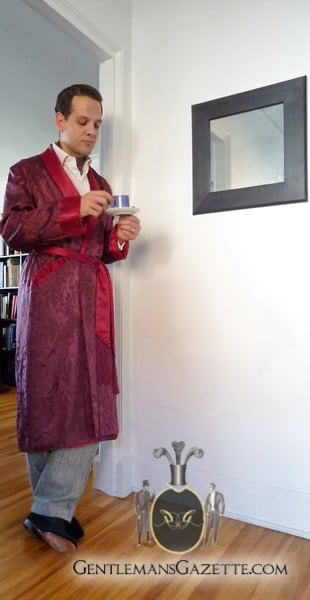formby
Well-Known Member
- Messages
- 1,411
By Theodore Dalrymple
Source: http://salisburyreview.com
The day before the Swedish coalition government of Social Democrats and Greens announced that it was reversing its refugee policy and closing its borders to all but the minimum numbers of refugees laid down by the European Union, the website of the Guardian newspaper ran a video about the Swedish Democrats, a far-right party growing in support because of its anti-immigration stance. Last year Sweden took in 100,000 refugees and this year it is estimated that it will have taken in 190,000: that is to say a number equivalent to 3 per cent of the population. If this rate were to continue for very long, Sweden would be irreversibly changed for ever.
The Guardian journalist interviewed young members of the Swedish Democrat party and made them appear arrogant and unattractive. Whether this was the result of editing or a true representation of them, or both, I cannot say. She herself, though, appeared intolerably smug and self-righteous, arrogant in a different way. She asked the young Swedes what was wrong with vibrant multicultural societies such as Britain and France (the video was evidently recorded before the events in Paris), though even from her video what was shown, no doubt unintentionally, was that Sweden was not multicultural, it was ghettoised, with practically no contact whatever between the refugees and natives. The Swedes throw social security to the refugees as zookeepers throw meat to the lions.
One of the questions of the Guardian journalist to the young Swede was ‘Why do you dress so smartly?’ It was asked in an accusatory tone as if dressing smartly was yet another of their bad qualities, a derogation of their duty to appear casually or scruffily dressed like almost everyone else in modern society.
It was an interesting question. Obviously, for the person who asked it, any kind of formality in dress was symbolic of elitist or exclusivist political sympathies, whereas casual dress, the prevailing any-old-howism of the majority of the population, was symbolic of democratic and egalitarian sympathies, a demonstration of solidarity with the poor of the world.
Whether poor people in Africa actually benefit from rich people dressing in expensively-torn jeans and T-shirts is not important: as with presents, it is the thought that counts.
Of course, there is another way of looking at it. To dress well is a sign of respect for other people and society, to dress scruffily is a sign of disrespect for them, a sign of the purest egoism. Perhaps it is even possible to express elitism and respect at the same time.

Source: http://salisburyreview.com
The day before the Swedish coalition government of Social Democrats and Greens announced that it was reversing its refugee policy and closing its borders to all but the minimum numbers of refugees laid down by the European Union, the website of the Guardian newspaper ran a video about the Swedish Democrats, a far-right party growing in support because of its anti-immigration stance. Last year Sweden took in 100,000 refugees and this year it is estimated that it will have taken in 190,000: that is to say a number equivalent to 3 per cent of the population. If this rate were to continue for very long, Sweden would be irreversibly changed for ever.
The Guardian journalist interviewed young members of the Swedish Democrat party and made them appear arrogant and unattractive. Whether this was the result of editing or a true representation of them, or both, I cannot say. She herself, though, appeared intolerably smug and self-righteous, arrogant in a different way. She asked the young Swedes what was wrong with vibrant multicultural societies such as Britain and France (the video was evidently recorded before the events in Paris), though even from her video what was shown, no doubt unintentionally, was that Sweden was not multicultural, it was ghettoised, with practically no contact whatever between the refugees and natives. The Swedes throw social security to the refugees as zookeepers throw meat to the lions.
One of the questions of the Guardian journalist to the young Swede was ‘Why do you dress so smartly?’ It was asked in an accusatory tone as if dressing smartly was yet another of their bad qualities, a derogation of their duty to appear casually or scruffily dressed like almost everyone else in modern society.
It was an interesting question. Obviously, for the person who asked it, any kind of formality in dress was symbolic of elitist or exclusivist political sympathies, whereas casual dress, the prevailing any-old-howism of the majority of the population, was symbolic of democratic and egalitarian sympathies, a demonstration of solidarity with the poor of the world.
Whether poor people in Africa actually benefit from rich people dressing in expensively-torn jeans and T-shirts is not important: as with presents, it is the thought that counts.
Of course, there is another way of looking at it. To dress well is a sign of respect for other people and society, to dress scruffily is a sign of disrespect for them, a sign of the purest egoism. Perhaps it is even possible to express elitism and respect at the same time.
